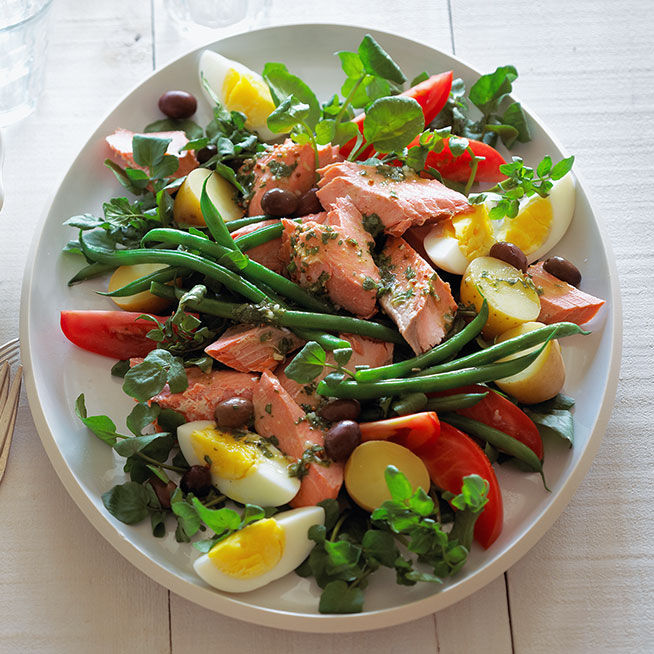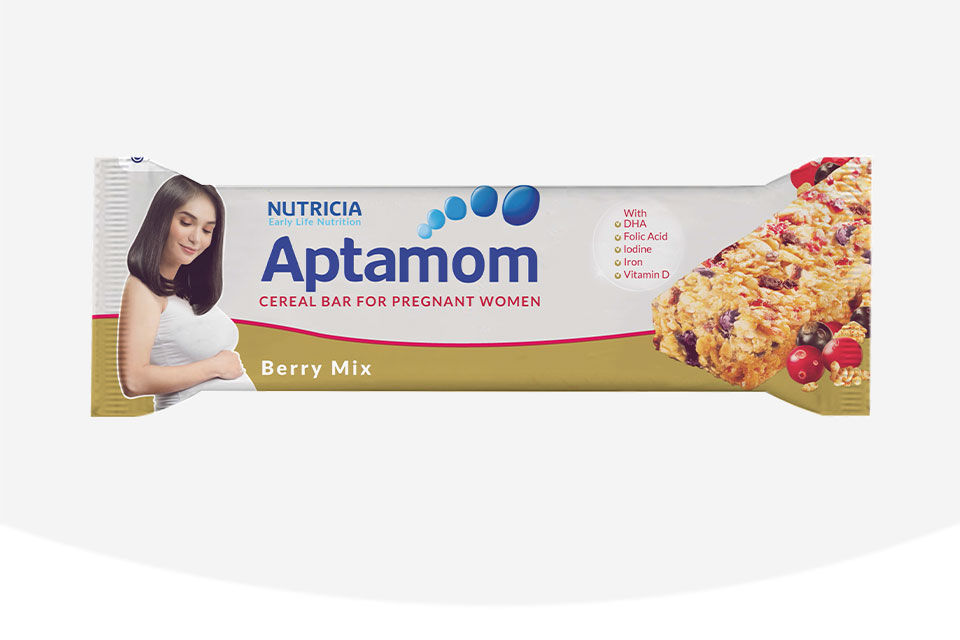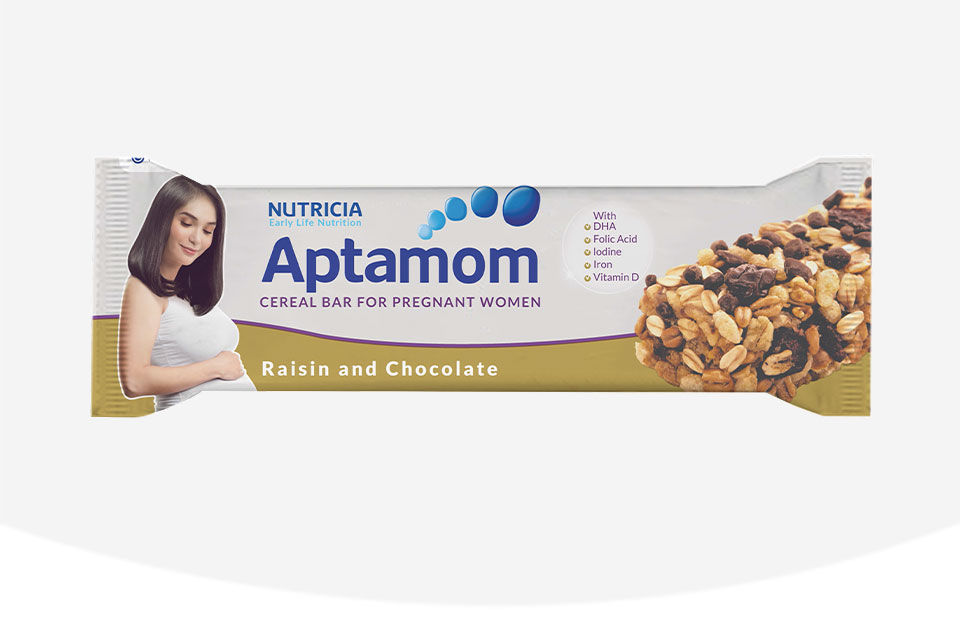Danone Specialized Nutrition (Malaysia) Sdn Bhd supports exclusive breastfeeding for your infant’s first six months of life. After six months of age, infants should receive age-appropriate complementary foods while breastfeeding continues for up to two years of age or beyond. Consult your doctor before deciding to use infant formula or if you have difficulty breastfeeding.
Benefits of Vitamin D During Pregnancy
Vitamin D forms an important part of a healthy pregnancy diet. Discover the best sources of vitamin D during pregnancy, how to make sure you meet your recommended daily requirement, and learn how to spot the symptoms of vitamin D deficiency.
Why is Vitamin D so important during pregnancy?
Your little one’s bones grow and form at a rapid rate throughout pregnancy. Vitamin D is a key part of this fascinating and complex process, due to its role in regulating the amount of calcium and phosphate in the body.
Your little one’s vitamin D levels at birth depend on your own intake throughout pregnancy1, so the best way to support your little one’s bones and future health is to make sure you get the recommended daily amount.

What are the best sources of vitamin D?
The most efficient way to get Vitamin D is through exposure to the ultraviolet-B rays in sunlight. But this may not be adequate. While you can increase your Vitamin D intake by eating certain foods, the best way is to take a supplement! Recommended daily intake during pregnancy is 15mcg per day2.

What happens when you have a vitamin D deficiency in pregnancy?
A lack of vitamin D, known as vitamin D deficiency, can result in tiredness and aches and pains1. When you’re pregnant, you’re at an increased risk of vitamin D deficiency and need to pay special attention to getting an adequate amount1.
Taking a daily supplement protects your own health, as well as your little one’s. A lack of vitamin D has also been linked to long-term conditions such as osteoporosis and diabetes, and other serious diseases3.

How to Increase Your Vitamin D Intake?
Check that your current pregnancy supplement includes Vitamin D. If it doesn’t, consider taking a separate one. For a bigger boost, consider adding these vitamin D-rich foods to your shopping list3!
- Oily fish — limit your intake to 2 portions per week due to the toxins they may contain
- Eggs — the yolk contains the vitamin D
- Fortified foods — some brands of milk, margarines and some breakfast cereals have added vitamin D
Before taking any supplements, speak with your doctor if it is necessary.
References:
- SACN. Update on Vitamin D [Online]. 2016. Available at: www.gov.uk/government/uploads/system/uploads/attachment_data/file/339349/SACN_Update_on_Vitamin_D_2007.pdf [Accessed March 2020]
- Recommended Nutrient Intakes for Malaysia 2017
- NHS. Vitamin supplements in pregnancy [Online]. 2020. Available at: www.nhs.uk/conditions/pregnancy-and-baby/pages/vitamins-minerals-supplements-pregnant.aspx
Aptamom Bar: Maternal Cereal Bar
Aptamom bar is a ready-to-eat, delicious cereal bar for pregnant mothers. It provides pregnant mothers a convenient way to obtain the essential nutrients and vitamins that are needed more of during pregnancy.

Connect with our team of experts
We provide advice and support for you on your parenthood journey.



